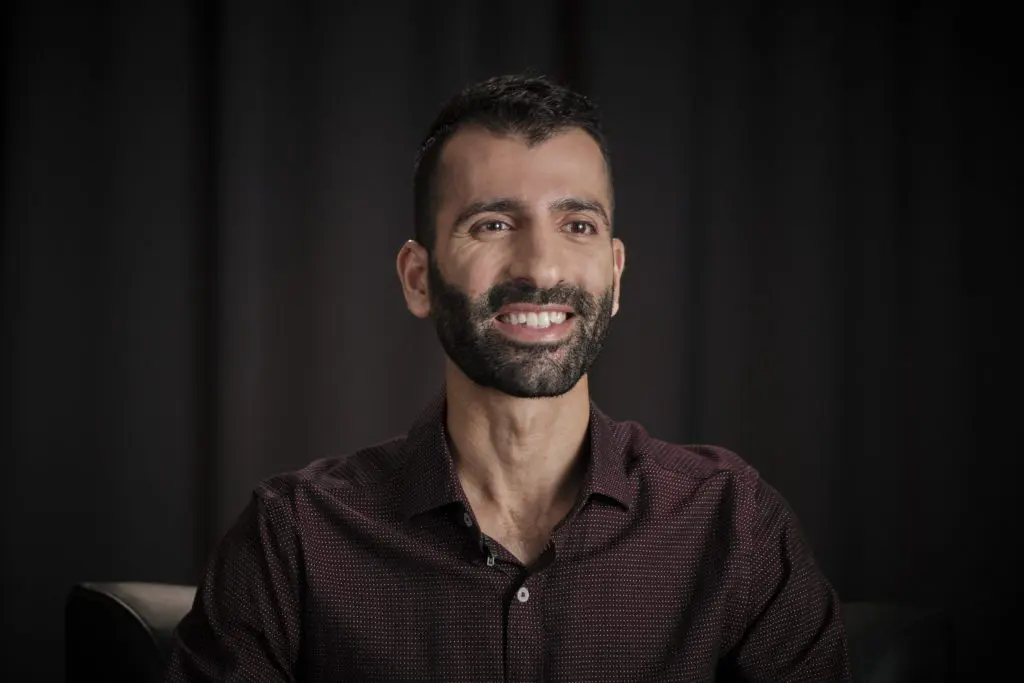So, Introduction to Woman Studies. Many might ask what relevance that has to mental health, or if the study related to women and mental illness. In short, no. Similar to the Aboriginal Peoples in Canada course, there are many people with opposing views of what is feminism and what role it plays in contemporary Canadian society. Well, similar to the Aboriginal Peoples in Canada course, this was never meant to change opinions, but rather to foster critical thinking, and opening our minds to a different view. Useful skills for a psychiatric nurse if you ask me.
We started off with grading contracts. What’s that you ask? Well, we basically chose our grade based on criteria we were committed to meet, and we signed contracts based on that commitment. You could do better, but you could also do worst, but accountability and an equality based relationship with the instructor was the main effort here. Speaking of equality, we even went as far as having guided discussions on what are expectations were of our instructor, and how each of us could collectively bring positive experience to the class.
Next, we looked at feminist pedagogy, and how it affects our classroom and online learning environment. We also reflected on whether or not that can bring empowerment to both the profession of psychiatric nursing and the classroom. Many classmates thought that through the practice of feminist pedagogy, equality could be achieved between the instructor and students. I didn’t quite hold that view and we discussed this intently in that week’s discussion.
This led us to our next discussion, what is ‘power’? This was power-over, with, and within. We reflected on how power affects learning in the classroom. And we discussed how power can affect relationships with our patients and service users. It was important to reflect on the role feminism plays in balancing a power-over relationship, and how we can transfer that to the ‘power’ nurses evidently possess in a therapeutic relationship. We tied this discussion with previous ones with how students ultimately feel powerless in an educational setting. I particularly liked how we tied this into the powerlessness that mental health service users feel when they come into our care, and what we can do to mitigate those feelings.
Finally, what I found interesting for this course was a structured online debate with teams of 4 to 5 debating on various questions relating to Disney. My group debated on the question “Sexism is alive and well in Disney?” I was on the con team, but I don’t think it really mattered what team you were on, through critical thinking and reflection, combined with sound research and citations, you could defend your point of view. We discovered that through a simple change of perspective, you could see the debate in a whole different light.
All in all, did Woman Studies make or break my nursing education? No. But it did improve my ability to think critically, and better consider perspectives in order to enhance my skills as a psychiatric nurse. I will certainly be taking something immensely positive away from this course.










